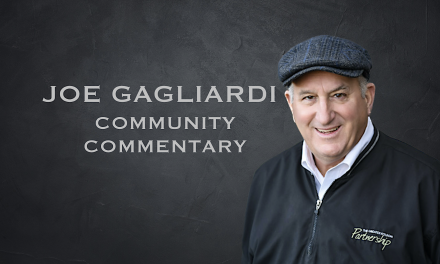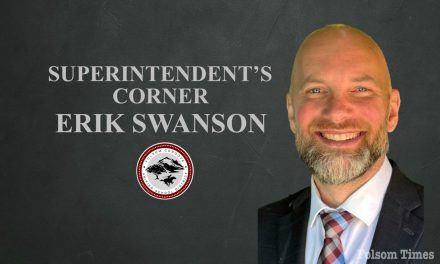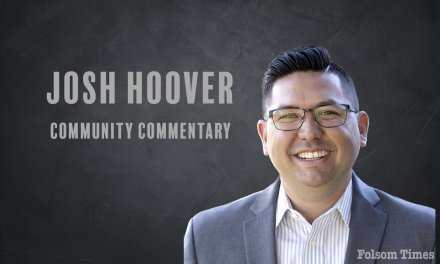Recent reports have shared that our neighbors inPlacer County are fighting the transient releaseof state designated Sexually Violent Predator (“SVP”) William Stephenson in the upcoming months.
While it is easy to bemuse that its not happening in our city or county, this is not something anyone can or should ignore. Counties have long since tossed SVP placementlike a political hot potato with the very real sentiment of out of sight, out of mind.
The problem is, a recent in-depth review by Julie Watts from CBS Sacramento found that in the last year aloneSVP releases have increased 150%.Further, a law went into effect in early 2023 that makes it significantly more difficult, and currently impossible, for a county to move an SVP out of the court designated county of domicile. Simply put, Placer County’s problem is everyone’s problem, as it is only matter of time that an SVP could be coming to a town near you.
So how did we get here? The SVP program ironically started as public safety supported program that went into effect in the 90s, designed to provide an avenue to civilly commit an individual who met certain criteria of a sexually violent crime. Rather than releasing someone potentially dangerous back into a community, the program provided law enforcement and medical professionals an avenue to get the person the help they needed while ensuring continued community safety. It was a public safety win-win.
At least it was until the Department of State Hospitals decided to contract out to a private company, Liberty Healthcare, for implementation. Liberty Healthcare is a private company who is beholden to no one other than their taxpayer funded paycheck. The root of this problem is very counterintuitive to public service.
If you dislike a policy or a program affecting your neighborhood, you can address your city council. If you don’t like a decision that is made, you can have your voice heard at the ballot box during elections. Private companies do not have the same consideration or care when implementing programs that affect the quality of life of local communities.
While there are a lot of nuances with the SVP program, the issue is very clear: the program is good, the implementation is not working.
With the way the state is going, there is always the concern “the powers that be” could decide to remove the program altogether, which could release hundreds of currently institutionalized SVP’s into local communities across the state. This is why it is critical to present sound policy solutions to help address implementation issues, while not giving the state the inclination to throw the proverbial policy baby out with the bathwater.
The state will be watching Placer County as they head into their Sept. 1 hearing. While restrictions in the law will not allow them to move Stephenson to another county, they are in a very unique opportunity to help get to the root of this long-standing problem once and for all. Not only for their residents, but for communities across California. I have no doubt their District Attorney’s office will do everything in their power to find the safest resolution, but the state needs to also step up.
California must consider a ban on transient releases of SVPs, seek surplus state land that does not place these individuals directly into communities, review current sentencing standards for sexually violent predators, among other considerations, before the SVP placement process continues to rip apart communities across the state.
Stephanie F. Herrera is a current Folsom resident. She has over 15 years of service in local, state and federal public policy sectors.




